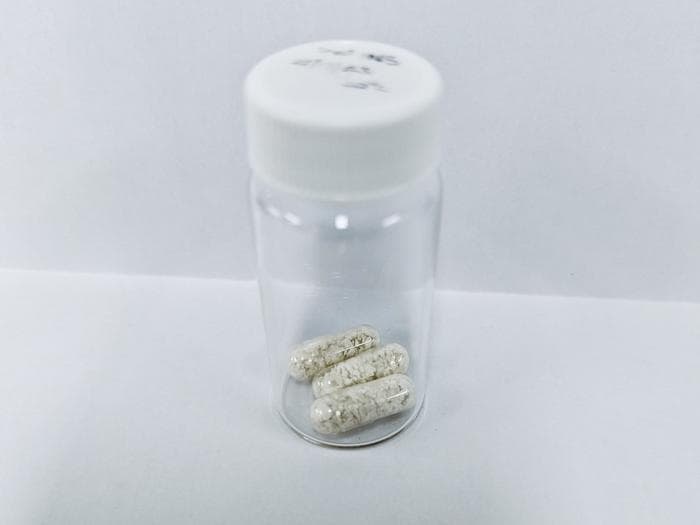
Scientists in Norway have found a new way to supply diabetic patients with smart insulin, offering a new alternative to syringes or insulin pumps.
The new insulin can be taken as a capsule or consumed in chocolate.
The insulin is encapsuled in tiny nano-carriers 1/10,000th the width of a human hair.
Professor Peter McCourt at UiT Norway’s Arctic University is one of the researchers behind the study.
He said: “This way of taking insulin is more precise because it delivers the insulin rapidly to the areas of the body that need it most.
“When you take insulin with a syringe, it is spread throughout the body where it can cause unwanted side effects.”
Many medicines can be taken orally, but until now people have had to inject insulin into the body.
McCourt explained that the problem with insulin in a nano-carrier is that it breaks down in the stomach and thus does not get to where it is needed in the body.
This has been a major challenge for developing a diabetes medicine that can be taken by mouth.
But now the researchers have solved the challenge.
McCourt said: “We have created a coating to protect the insulin from being broken down by stomach acid and digestive enzymes on its way through the digestive system, keeping it safe until it reaches its destination, namely the liver.”
The coating is then broken down in the liver by enzymes that are active only when the blood sugar levels are high, releasing the insulin in the liver, muscle, and fat to remove sugar from the blood.
Nicholas J. Hunt at the University of Sydney who, together with Victoria Cogger, lead the project.
He said: “This means that when blood sugar is high, there is a rapid release of insulin, and even more importantly, when blood sugar is low, no insulin is released.”
The researcher explained that this is a more practical and patient-friendly method of managing diabetes because it greatly reduces the risk of a low blood sugar event occurring, namely hypoglycaemia.
The oral insulin has been tested on roundworms, mice and rats and now 20 normal, healthy baboons at the National Baboon Colony in Australia, with promising results.
A human trial is set to start in 2025.
Image: Nicholas Hunt



